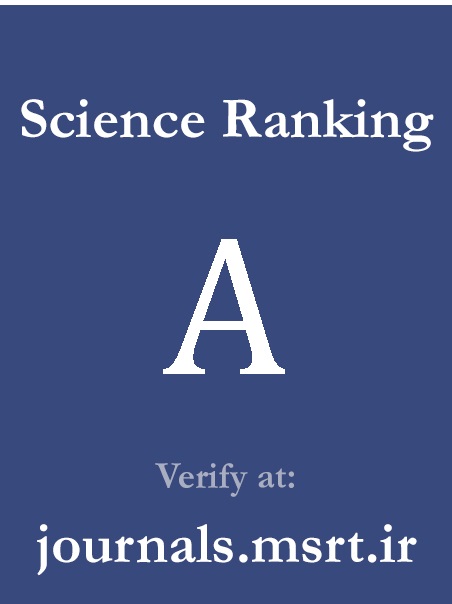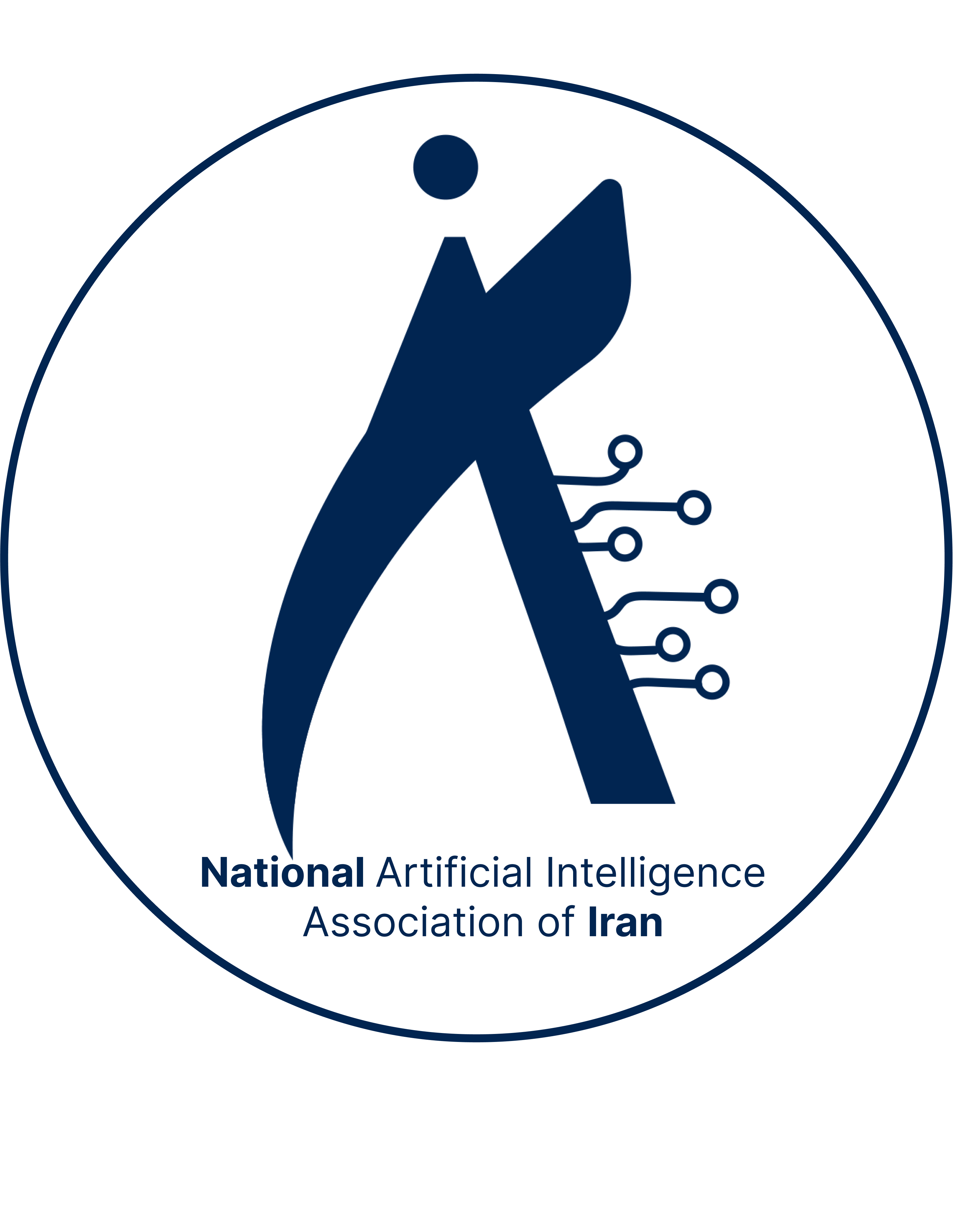Designing a Model for Organizing Sports Events for Individuals with Disabilities and Veterans in Iran
Keywords:
Organization, sports events, disabled and veteransAbstract
The aim of the present study was to design a model for organizing sports events for individuals with disabilities and veterans in Iran. This research is a mixed-methods study (qualitative-quantitative) with an exploratory approach. The statistical population in the qualitative section consisted of academic experts in the field of sports events for individuals with disabilities and veterans, and in the quantitative section, it included sports managers and the National Paralympic Committee, the Federation of Sports for Veterans and Disabled Persons, as well as the heads and secretaries of the provincial boards of the Federation for Veterans and Disabled Persons. The qualitative sample consisted of 14 experts, selected through purposive and snowball sampling techniques until theoretical saturation was reached. In the quantitative section, between 5 to 10 samples were required for each item, resulting in a total sample size of 384 individuals. The data collection tools included semi-structured interviews in the qualitative section and a researcher-made questionnaire in the quantitative section. Content validity was confirmed by experts, and construct validity was assessed through exploratory and confirmatory factor analyses. Reliability was measured using composite reliability, Cronbach's alpha, divergent and convergent validity, and structural equation modeling. The model's goodness-of-fit index (GOF) was reported as 0.59. Ultimately, the organization of sports events for individuals with disabilities and veterans in Iran was presented with 13 factors: organizing costs and determining financial resources, organizing operational plans for preparation, organizing regulations for competition execution, publishing brochures (advertising and publications), registration and acceptance of participants, organizing medical and pharmacy services, organizing accommodation and event venues, organizing committees and human resources, organizing cultural events and leisure activities, organizing nutrition and catering services for participants, organizing transportation services, organizing opening and closing ceremonies, and organizing referees and volunteers.
Downloads








